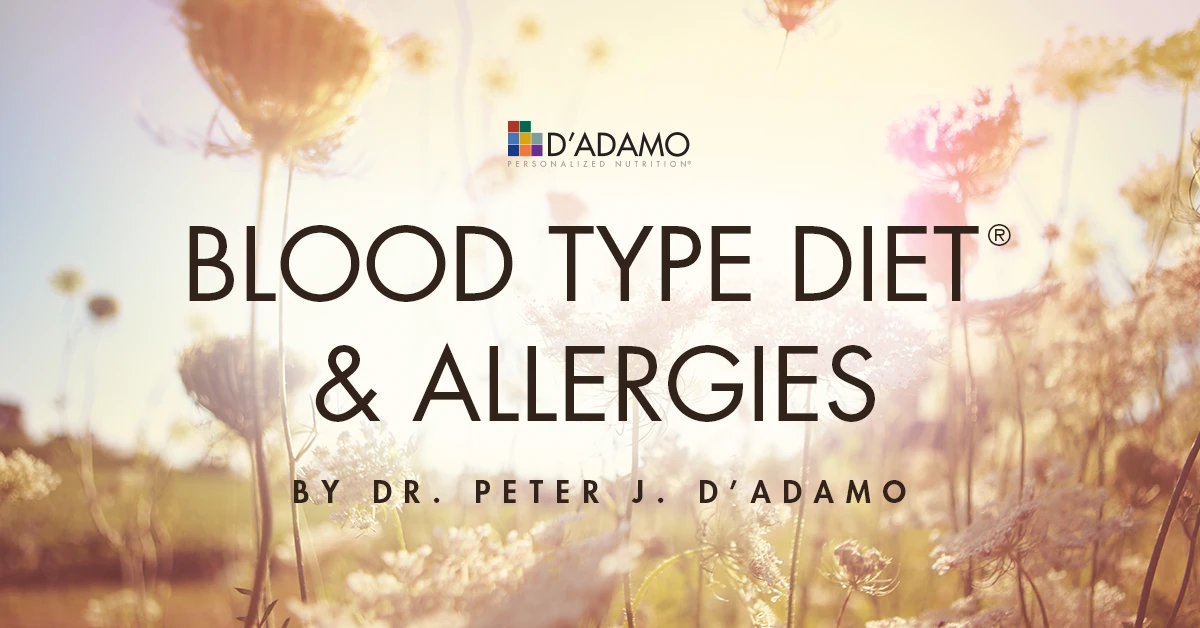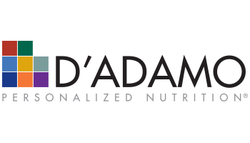
Allergy means "altered working." Watery eyes and a runny nose are great to wash away germs when your body is fighting a virus. But when there's no actual threat to the body and it falsely sets off these countermeasures, the normally helpful symptoms serve no purpose and become disruptive.
Immune cells called Immunoglobulin E (IgE for short) are created by the body in response to specific allergens. Once created, the IgE cells can last for months, immediately releasing histamine and causing symptoms whenever an offending substance is eaten or inhaled. Antihistamines suppress allergy symptoms because histamine is the chemical responsible for them.
Environmental allergies can be caused by pollen, animal dander, smoke or chemicals, such as air fresheners or pollution. Pollen is the egg-shaped male reproductive cell of flowering plants. It is typically smaller than the width of a human hair and carried by the wind from one plant to another. Each species' pollen is slightly different, so it's possible to be allergic to the pollen from one specific plant but not another or to be allergic to many of them at once.
Food allergies can cause hives, digestive problems, eczema and respiratory reactions. Food sensitivities or intolerances don't create IgE cells, but can still cause digestive or mood problems and can increase the body's allergic response to other substances. True food allergies usually cause symptoms within two hours, though some can happen in less than two minutes. This is why an EpiPen is carried by many with severe food allergies - in case accidental exposure to an allergen causes the throat to close rapidly.
Allergies can lead to complications like sinusitis, asthma, or ear infections. Sinusitis can occur when excess mucus in the sinus cavity is not properly drained and harmful bacteria or fungi grow out of control. Ear infections can occur when the Eustachian tube is not properly drained and pathogens take root. Both of these conditions are worsened when allergies increase mucus in the nose.
Extrinsic asthma, also called atopic asthma, is directly related to allergens and IgE reactions. Intrinsic asthma is caused by cold air, infections, inhaled irritants, exercise or emotional distress. Atopic asthma is more common in children, but most asthma sufferers have a combination of both types.
The body's response to allergens can be mediated by reducing overall stress on the body. This is how the Blood Type Diet can help. Red blood cells have chemicals called antigens on the outer surface, which vary by blood type. Many foods contain natural chemicals called lectins, many of which interact with blood type antigens. Often times the body can handle the effects of dietary lectins or environmental allergens, but trying to deal with both simultaneously can cause symptoms.
Blood type also affects how efficiently we can digest carbohydrates or red meat. "Leaky gut" is more likely to develop when eating foods we have trouble digesting, like those that contain harmful lectins for our specific blood type. This is a type of gastrointestinal (GI) damage where there are tiny holes in the walls of the digestive system, which allows larger food molecules to be absorbed. More lectins and allergens get into the bloodstream where they don’t belong, which can lead to problems. A healthy GI system will break down foods into smaller particles before they're absorbed, reducing the chance of unwanted reactions. Lectins can bind with IgE molecules and make them release histamine. A diet high in harmful lectins can also increase overall inflammation.
The way blood type is directly affected by allergies is different for each type though. For Type O individuals, dietary lectins react more with IgE molecules, leading to more aggressive allergies and overall inflammation. Type A’s produce more mucus on average and more of a substance known as selectin, which leads to inflammation as well. People with Type AB blood have lower overall immunity, but some of the best resistance to respiratory based allergies. Finally, Type B’s have increased susceptibility to lung inflammation, like asthma, and viral infections. Understanding these distinctions is key to maintaining your health in the allergy-heavy season of spring!
For more information, including a complete listing of foods for each blood type, you can refer to my books ALLERGIES: Fight Them with the Blood Type Diet. and The Complete Blood Type Encyclopedia, A complete listing of the foods for the Blood Type Diet can also be found on my Type Base 4 page.

